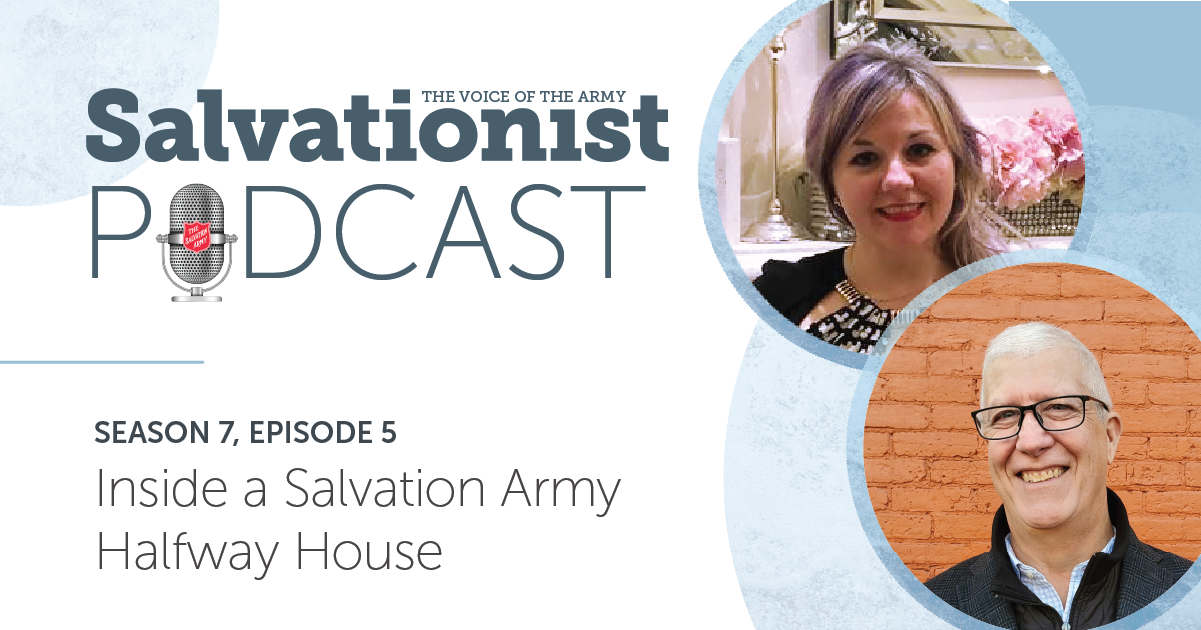While I agree with the notion that some people may never be safely reintegrated into society and we should protect our citizens from them, this announcement bothers me for several reasons. First, the law seems unnecessarily broad. Does the prime minister think that everyone who commits a crime like this is beyond hope of rehabilitation? Perhaps some are. As a society, are we unwilling to acknowledge that people change, that after 25 years an offender may be a different and better person? Certainly as Christians we believe in the possibility of transformation and a life turned around by repentance.
But what I find most troubling is that I cannot see any solid rationale for introducing this law. It will not make our communities safer. After overseeing a federal halfway house program for four years, I can attest to the fact that parole boards turn down the worst cases. Offenders who are released have been identified by the board as having a strong potential to reintegrate into the community. Most offenders, such as those pinpointed by this new legislation, would have an extremely low rate of recidivism.
Neither are there economic benefits to this proposal. While working in the halfway house program, I often heard that the cost of keeping offenders in prison was about four or five times more than the cost of housing them in a community residential facility.
I cannot help but feel there is a degree of vengeance underpinning this new bill. Our crime rates have been steadily declining over the years, yet we are to believe that Canada must get tougher on crime. If it is not necessary for financial reasons or because of concerns over decreasing safety, we must conclude that it is retaliatory. Perhaps what we have here is the re-emergence of the old “eye for an eye” mentality. I understand how violent crimes incite our passions. When someone acts inhumanely toward another person, often our reaction is to want them to experience something similar. I see this idea repeated in social media posts and pictures. Surprisingly, I notice that sometimes Christians are the ones affirming retribution.
But retributive methods do not work. Nor are they promoted by Christ. I like how Eugene Peterson paraphrases Jesus' words: “Here's another old saying that deserves a second look: 'Eye for eye, tooth for tooth.' Is that going to get us anywhere? Here's what I propose: 'Don't hit back at all.' … No more tit-for-tat stuff. Live generously” (Matthew 5:38-42 The Message). That helps put this into our contemporary context. What does it mean to live generously? It is difficult to think of being generous to a person who has committed a violent act. But if we are only generous to our friends or those we like, what kingdom value is in that (see Matthew 5:46-47)?
In Canada we have a criminal justice system, not a criminal vengeance system. The way we deal with people should be fair and appropriate for the crime. But we should never lose sight of the fact that all people are made in the image of God and have worth and dignity. Most Christian people in this country have no appetite for bringing back the death penalty. However, ensuring that a segment of society is condemned to a life devoid of hope, no matter what potential they may have, is only different from the death penalty in that it is a slower demise. Shouldn't the church speak out and tell the government that vengeance is not ours? Don't we want something better?
Major Juan Burry is the executive director of Rotary Hospice House in Richmond, B.C.










However, the government cut a pilot project that showed statistically worthy to fund - for a relatively small amount of money a year. It depended on volunteers who had successfully reintegrated into the community and stayed on the right path, to mentor new inmates coming out into the community. No one wants someone serving 15 years to be shown the door on the day of their release and left to their own devices. But that is what the government seems to want. Serve their full sentence. Statistics show that early release with slow and supervised reintegration into the community helps the inmate get used to being on the outside and the keeps the community safer. These inmates are at lower risk to re offend when they've had a gradual release.
Somehow it seems that Canadians have been fooled into believing that we're all safer off when we're tough on crime. Somehow we feel unsafe in spite of the dropping overall crime rate. However, the opposite is true. When we have good programs in place to rehabilitate inmates, slowly reintegrate them into the community - we are all safer.
Thanks, Juan, for another great article.
Kathie